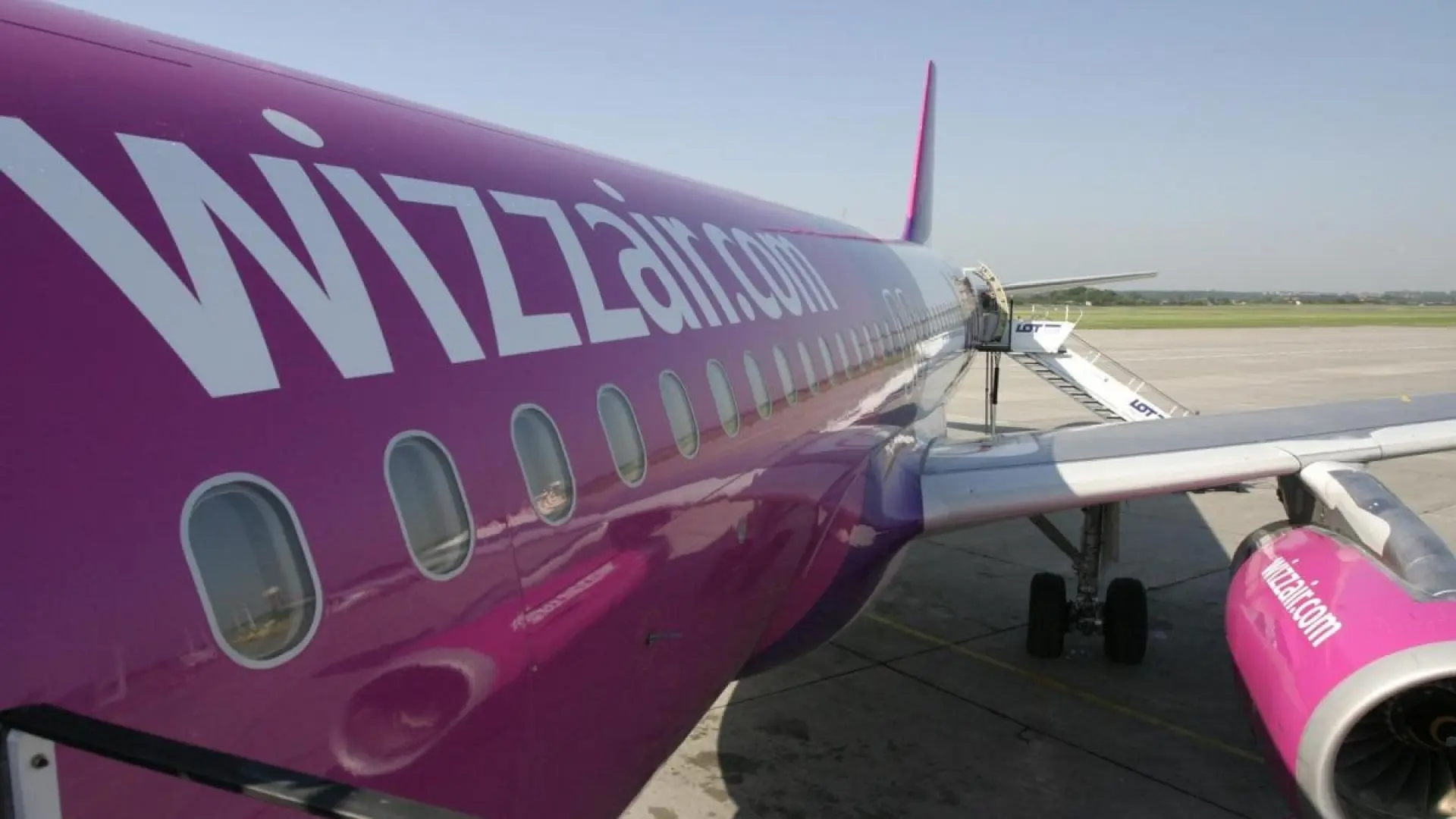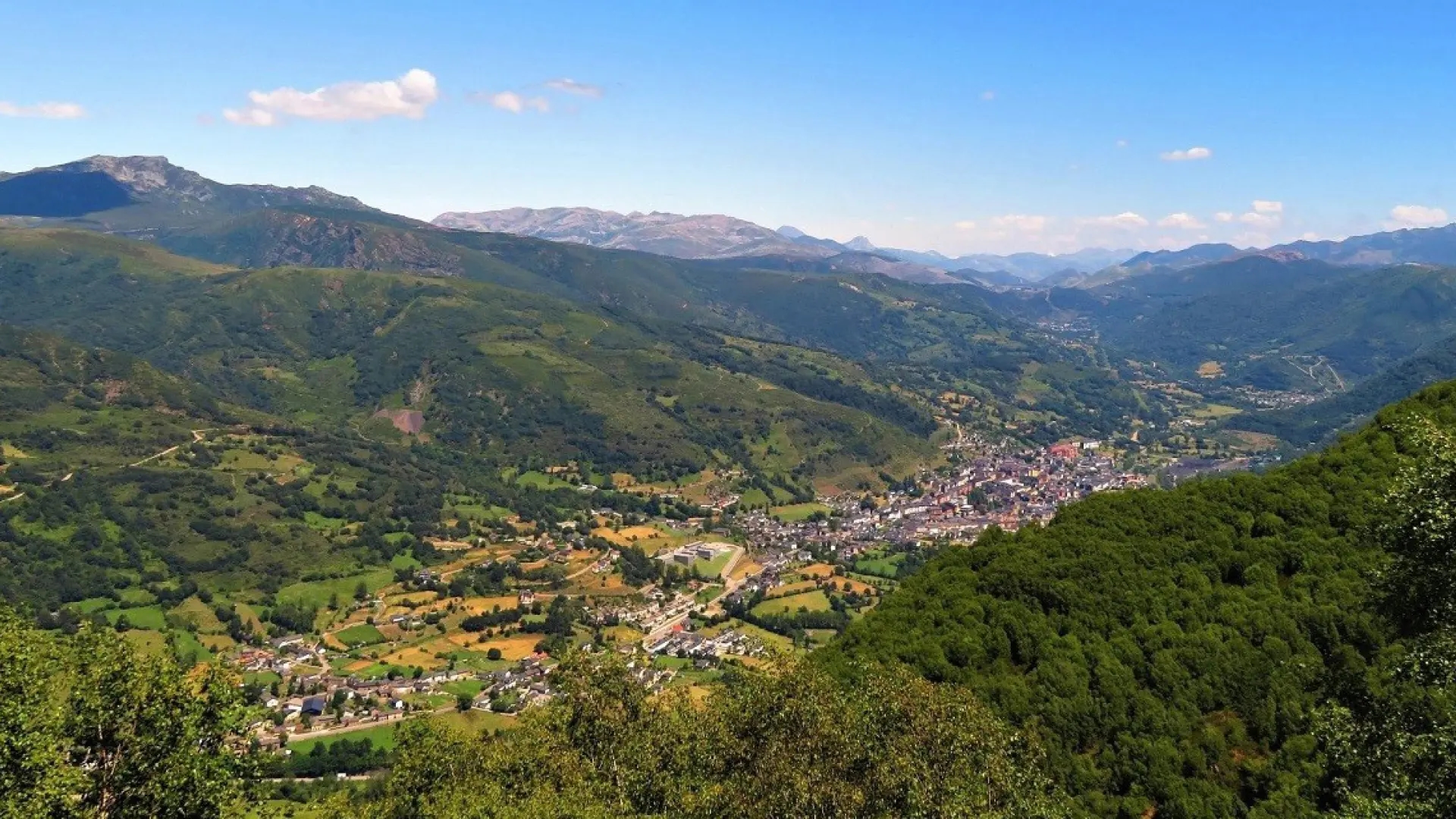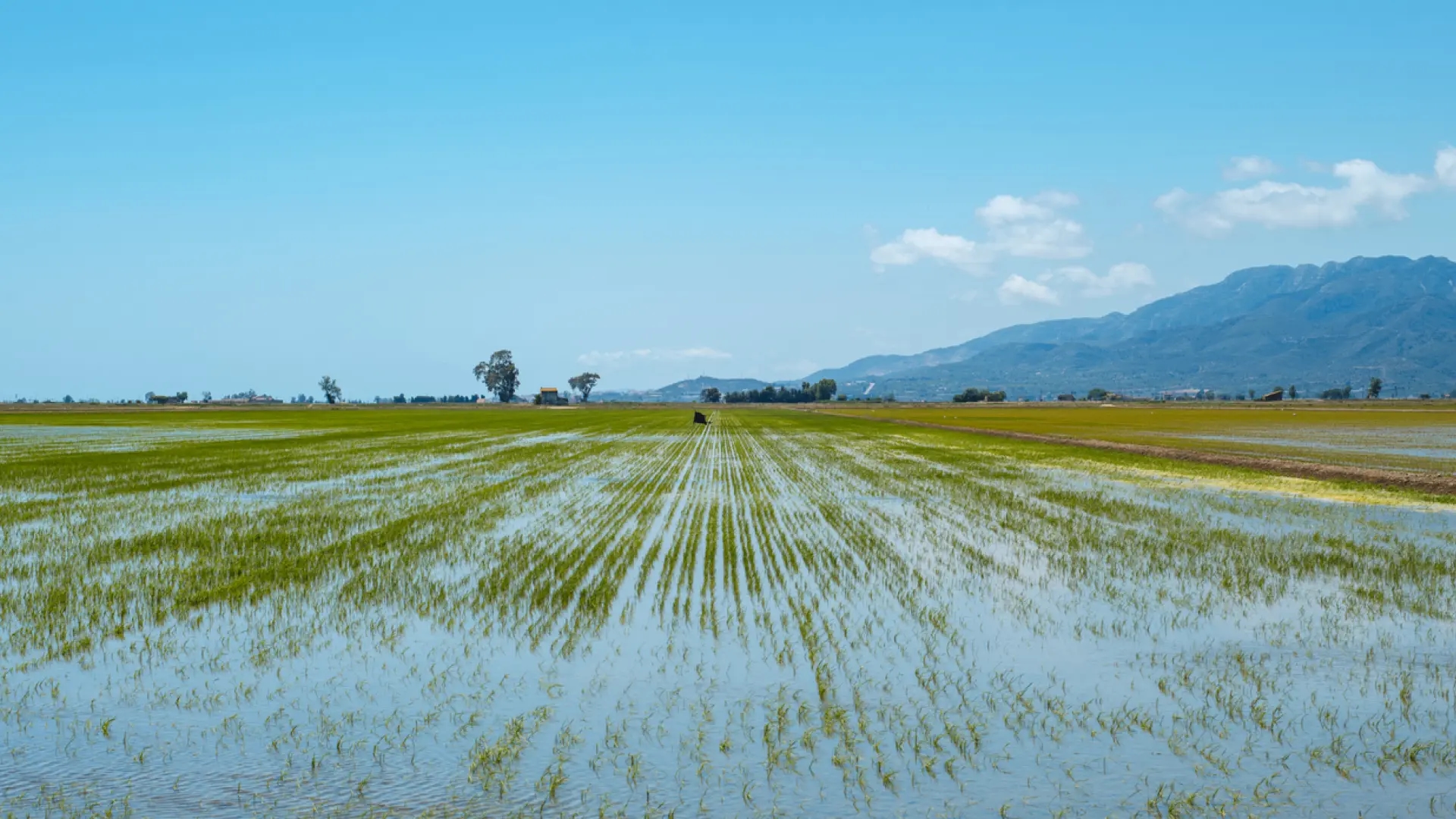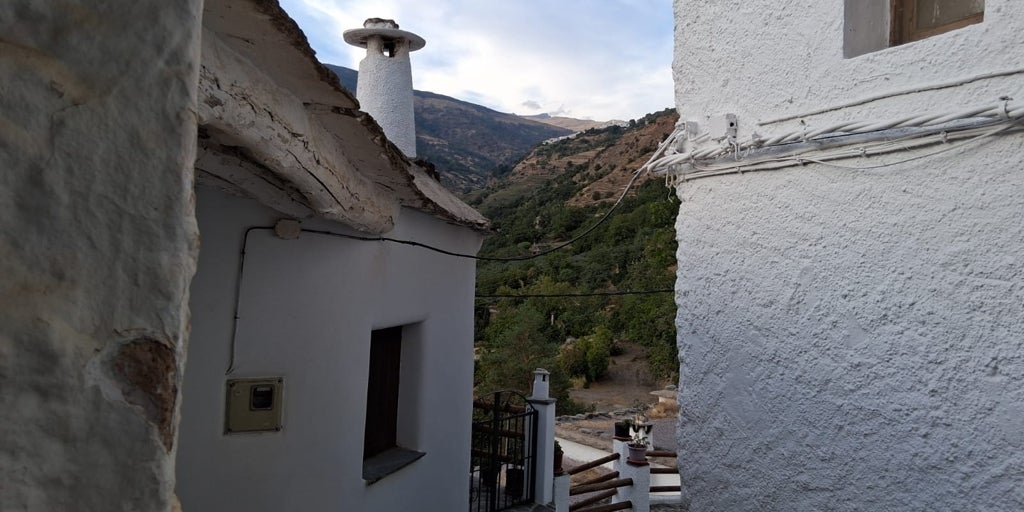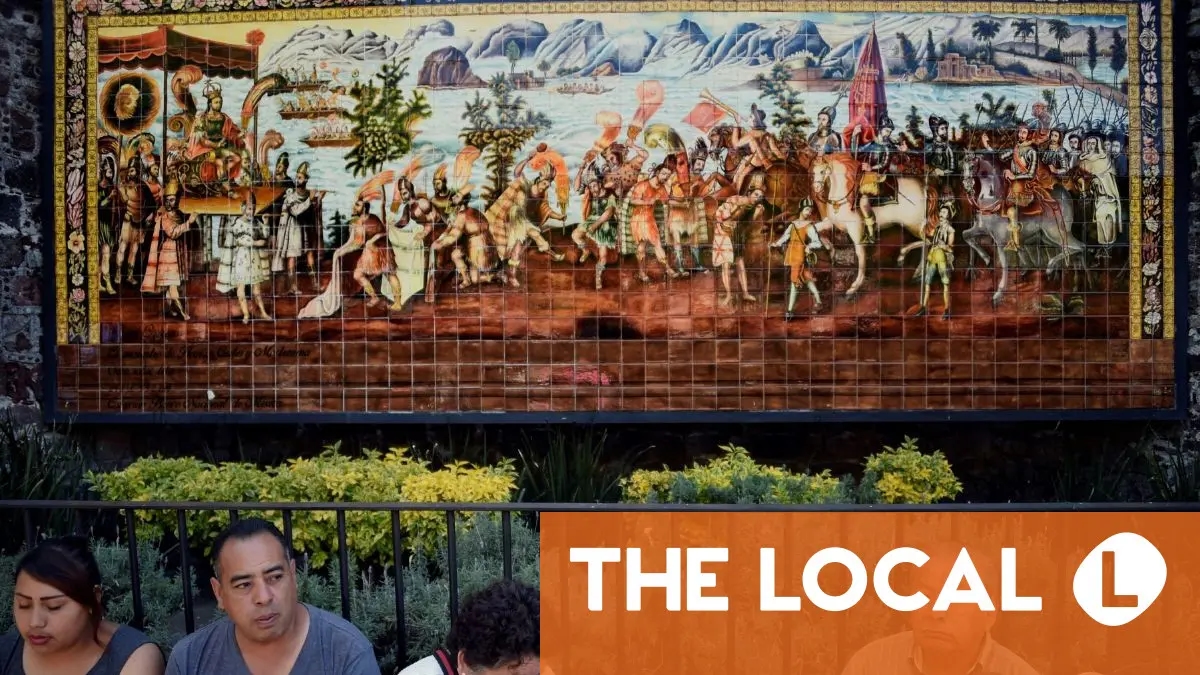Spain admits 'pain' inflicted on Indigenous peoples by Conquistadors
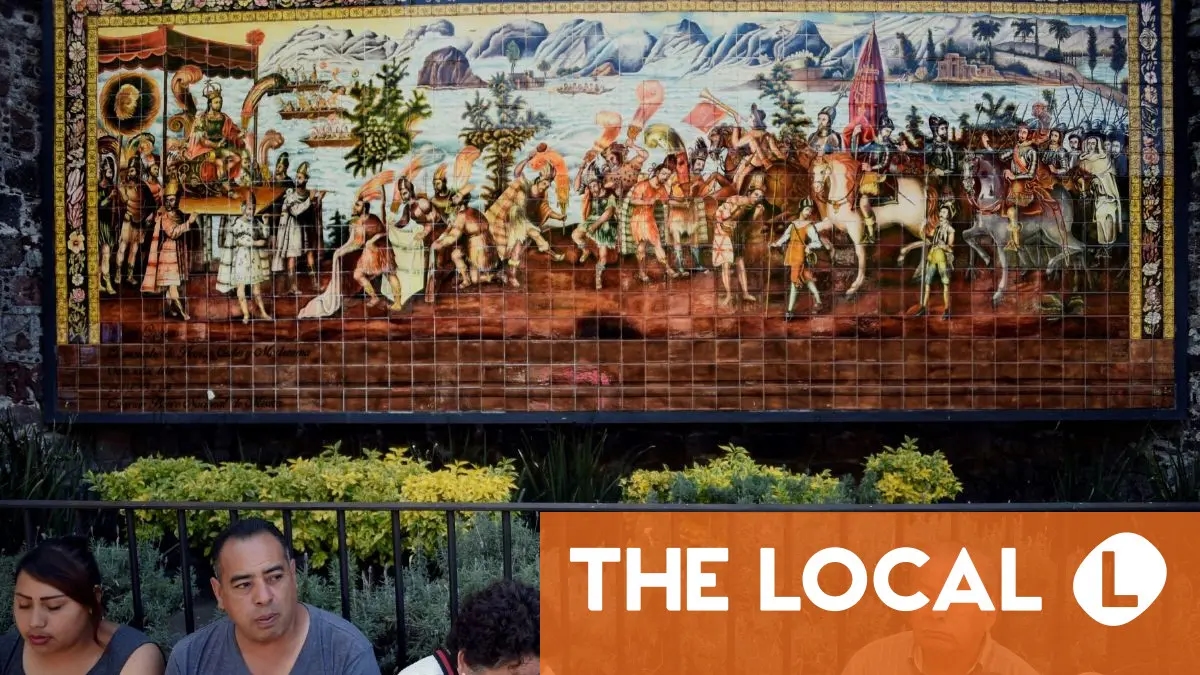
Spain's Foreign Minister José Manuel Albares on Friday acknowledged the "pain and injustice" inflicted on Indigenous peoples during the Spanish conquest of the Americas, after Mexico renewed calls for an official apology.
Speaking at the opening of the exhibition of Indigenous Mexican art in Madrid, Albares said relations between Spain and Mexico were "a very human story, and like every human story, full of light and shadow.
"There has also been pain - pain and injustice toward Indigenous peoples, to whom this exhibition is dedicated," he added.
"There was injustice - it is only fair to recognise it today, and fair to regret it. Because that is also part of our shared history, and we cannot deny or forget it."
The remarks mark one of the clearest acknowledgments by a top Spanish official of the suffering endured by Indigenous communities in the Americas during the colonial era.
READ ALSO: Did Spain really not have colonies?
For years, the issue was a source of diplomatic tension between the two countries.
In 2019, Mexico's then president Andrés Manuel López Obrador sent a letter to Madrid demanding an apology from Spain's monarchy for abuses committed during Spain's 1519-1521 Conquest of Mexico and the ensuing three centuries of colonial rule.
The request, rejected at the time by Spain's foreign ministry, strained relations between the two countries.
Spain's King Felipe VI did not issue a public response to López Obrador's letter, while the Spanish government defended the nations' "shared history" and dismissed the idea of an apology.
Mexican President Claudia Sheinbaum, López Obrador’s political ally and successor, revived the call earlier this week, saying reconciliation requires acknowledgment of past wrongs.
Mesoamerica, a region that comprised parts of Mexico and Central America, had an estimated population of 15 million to 30 million people when conquistador Hernán Cortés arrived with an army of several hundred men, bringing horses, swords, guns -- and smallpox -- in 1519.
After a century of battles, massacres and plagues, only an estimated one million to two million Indigenous inhabitants remained.
READ ALSO: Who was Conquistador Hernán Cortés?
Please sign up or log in to continue reading
thelocal

